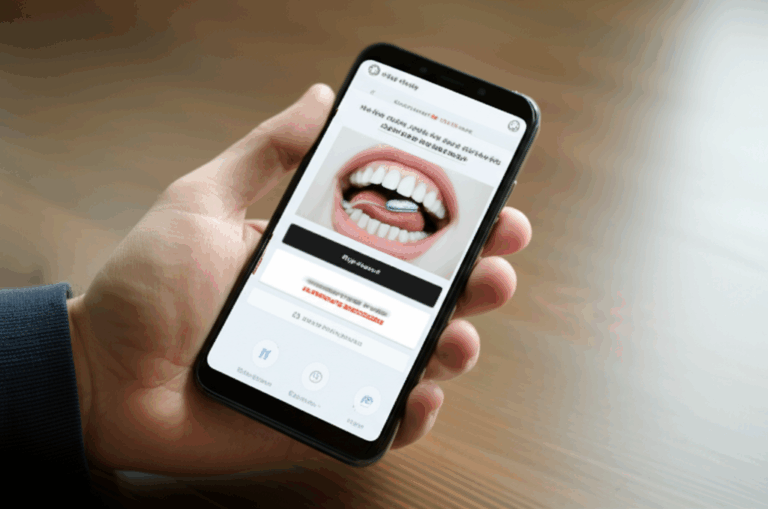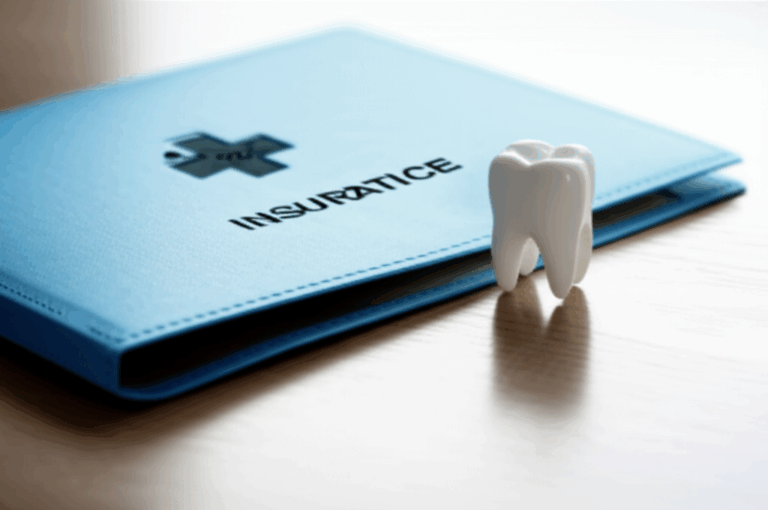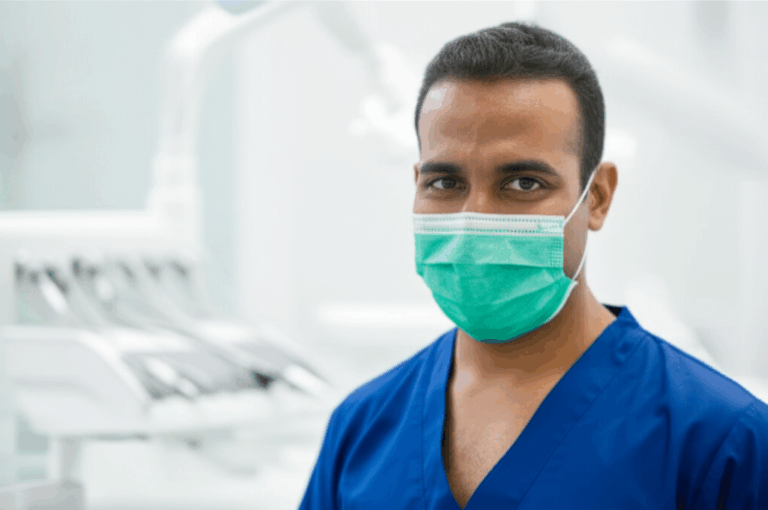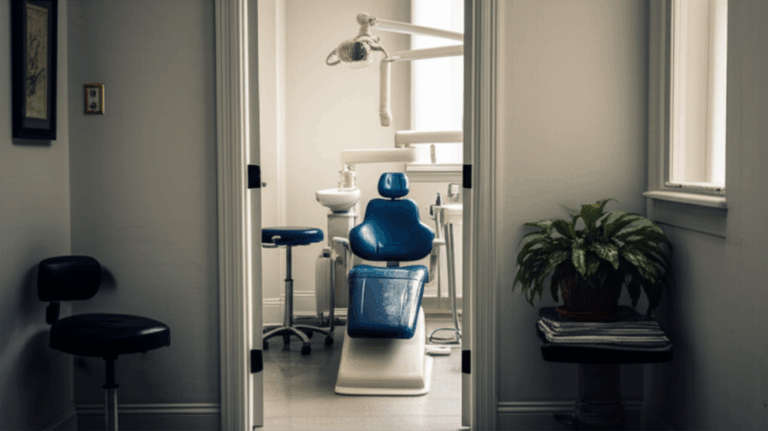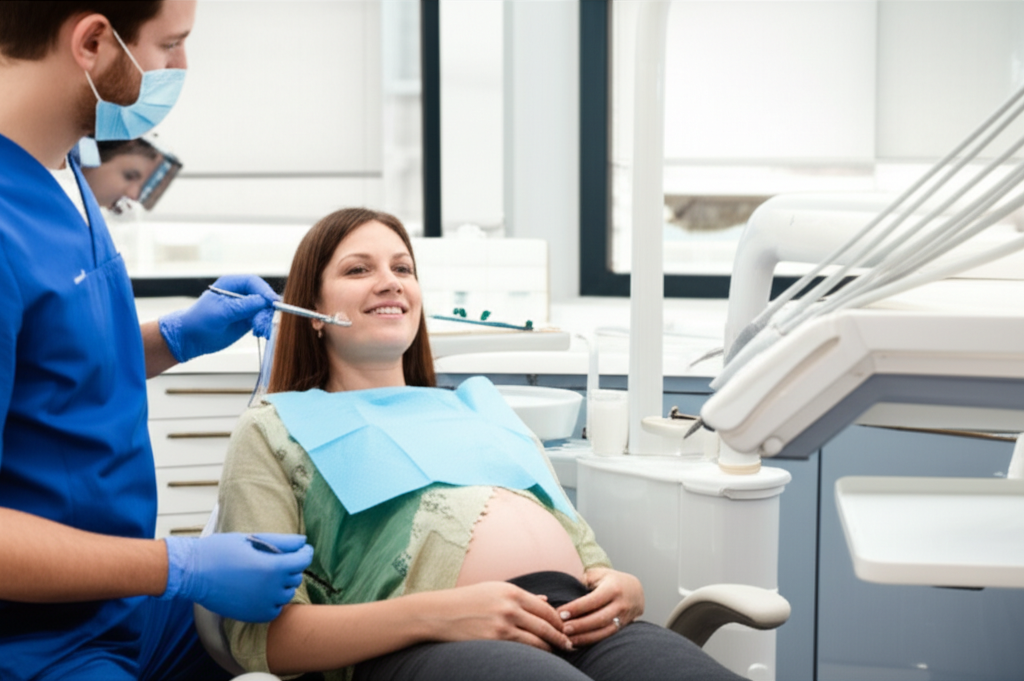
Is It Safe to Go to the Dentist While Pregnant? A Complete Guide to Oral Health During Pregnancy
Table of Contents
- Introduction
- Why Oral Health Matters in Pregnancy
- What Changes in Your Mouth During Pregnancy?
- Which Dental Procedures Are Safe While Pregnant?
- What Should You Postpone Until After Birth?
- When Is the Best Time for Dental Work?
- How Do You Prepare for a Dental Visit While Pregnant?
- Home Care: Simple Steps That Protect You and Baby
- What If You Have a Dental Emergency?
- X-rays, Numbing, Antibiotics, and Pain Relief: What’s Safe?
- Diet, Morning Sickness, and Enamel Erosion
- Clear Answers to Common Questions
- Partnering With Trusted Dental Labs for Quality Care
- After Birth: What Changes and What to Do Next
- Summary: Key Takeaways
- References
You want a clear answer. Here it is. Yes, it is safe to go to the dentist while pregnant. In fact, it’s a good idea. Strong teeth help both you and your baby. This guide shows you what is okay, what to skip, and when to make an appointment. You’ll see easy steps, real tips, and simple answers to worry and fears.
Problem: You worry about dental work while pregnant. You are scared of X-rays, shots, and pain medicine.
Makes it worse: People spread myths. You might have tooth pain and feel stuck. Waiting can make infections get worse, and that’s bad for your pregnancy.
Solution: Just follow easy, trusted advice from the ADA, ACOG, and CDC. Use safe dental treatments. Tell your dentist you are pregnant. Pick the best time for your dental care. Use safe medicines. Keep up with tooth cleaning. You and your baby will both be healthier.
Why Oral Health Matters in Pregnancy
Your mouth can affect all of you. While pregnant, your teeth and gums can even affect your baby. Gum swelling and infection are linked to body health. Bad oral care in pregnancy can raise risks. Studies show gum disease can lead to early birth and low birth weight. If a tooth infection is left alone, it can spread and cause more stress on your body. That’s why your OB-GYN cares about your mouth too.
The good parts of dental care while pregnant are big. A teeth check-up can keep away problems like cavities and gum disease. It’s easier to stop trouble before it starts than fix an emergency. If you ignore your mouth, you might end up with bigger trouble later.
What Changes in Your Mouth During Pregnancy?
Pregnancy hormones mess with your gums and teeth. Blood flow in your gums goes up, so you can get swollen or bleeding gums. That’s gum inflammation. Bad plaque can pile up quicker. Spit may feel thick or dry. You might get dry mouth and rough feeling teeth. Throwing up a lot from morning sickness wears away enamel. This might make your teeth more sensitive.
Some people get painless lumps called pregnancy tumors or pregnancy epulis. These usually go away after birth. Talk to your dentist if it bleeds a lot or gets in the way.
Which Dental Procedures Are Safe While Pregnant?
You can safely get lots of dental work done while pregnant. Dentists see pregnant women all the time.
- Teeth cleaning: Yes. Cleanings are safe and help stop bigger problems.
- Regular check-up and dental exam: Yes.
- Dental x-rays: Yes. With a lead apron and collar, it’s safe. Modern x-rays use a tiny bit of radiation.
- Fillings: Yes. White fillings (composite) are fine. Only deal with old silver (amalgam) fillings if it’s needed now.
- Root canals: Yes, if you need one for pain or infection.
- Tooth extraction: Yes, if it’s needed. That means even wisdom teeth, if it’s urgent.
- Local anesthesia: Yes. Small amounts of lidocaine or Novocaine are safe.
- Antibiotics: Some are safe, like penicillin, amoxicillin, and clindamycin.
See this table for what’s safe during each trimester:
| Procedure | First Trimester | Second Trimester | Third Trimester |
|---|---|---|---|
| Check-up and teeth cleaning | Yes | Yes | Yes |
| X-rays with lead apron and collar | If needed | Yes | If needed |
| Fillings and repairs | If urgent | Yes | Yes |
| Root canal | If urgent | Yes | Yes |
| Tooth pulling | If urgent | Yes | Yes |
| Wisdom teeth out | If urgent | Maybe | Maybe |
| Laughing gas or sedation | Skip | Maybe | Maybe |
| Cosmetic treatments (whitening, veneers) | No | No | No |
| Major surgery | No | No | No |
What Should You Postpone Until After Birth?
Some dentist work can wait until after your baby comes.
- Cosmetic work: Teeth whitening, new veneers, or bonding can wait. Crowns are okay if you need them to fix bad decay.
- Dental implants: Plan later unless you have an emergency.
- Braces: You can keep your braces but starting with clear aligners like Invisalign can wait. Most people start that after giving birth.
- Sedation: Laughing gas is skipped in early pregnancy. Use only if you really need it. Sleep (general anesthesia) work should be done at the hospital with your OB-GYN there.
So, what should you wait on? Anything not urgent. Your dentist’s plan will focus on what’s safe for you and your baby.
When Is the Best Time for Dental Work?
Which part of pregnancy is best for the dentist? The second trimester is the safest and easiest.
- First trimester: Only do the must-fix things. Visits should be short because you might feel sick.
- Second trimester: This is the best time. Good for cleanings and fillings.
- Third trimester: Still okay, but lying back for a long time might be hard. Your dentist can tilt you on your side for comfort.
| Trimester | Plan of Action |
|---|---|
| First (weeks 1–13) | Only what must be fixed. Short visits. |
| Second (weeks 14–27) | Most dental work. Cleanings and fillings. |
| Third (weeks 28–40) | Only what must be fixed. Stay comfortable. |
How Do You Prepare for a Dental Visit While Pregnant?
Always tell your dentist you’re pregnant. Tell them your trimester, any other medical problems, allergies, and medicines you take. Bring your OB-GYN’s info. Ask your OB-GYN if you should tell your dentist even more if you have a high-risk pregnancy.
Ask if you need to fill forms about being pregnant so your care is planned right. Bring your dental insurance information if you have it.
Eat a small snack first. Bring water. Dress comfortably. If you get dizzy, ask for a break. If you feel nervous, try deep breaths, bring your favorite music, or talk to the dental team.
Home Care: Simple Steps That Protect You and Baby
Taking care of your teeth at home is easy and works well.
- Brush two times a day with fluoride toothpaste (just a small dot).
- Use a power toothbrush if it helps you clean better.
- Floss once a day.
- Rinse with an alcohol-free and fluoride mouthwash.
- Ask for a fluoride treatment at your check-up.
If your teeth feel sensitive, use a soft brush and gentle toothpaste. Your dentist can place a special protective coat if needed.
Drink lots of water. Chew sugar-free gum with xylitol after snacks. Keep a small brush handy.
What If You Have a Dental Emergency?
Dental emergencies in pregnancy happen. If you break a tooth or get an infection, call your dentist right away. Don’t put it off—a tooth infection can spread and make you sick.
You may need a root canal or a tooth pulled out. Antibiotics like penicillin, amoxicillin, or clindamycin are often used and considered safe. Your dentist will numb you with lidocaine or Novocaine—it’s standard and safe.
X-rays, Numbing, Antibiotics, and Pain Relief: What’s Safe?
Here’s what you need to know:
- X-rays: Safe if needed. Always wear a lead apron and neck collar.
- Local numbing: Safe in usual small amounts. Lidocaine is the most common.
- Antibiotics: Penicillin, amoxicillin, and clindamycin are safe choices.
- Pain relief: Use acetaminophen (Tylenol). Avoid nsaids (like ibuprofen) unless your OB-GYN says it’s okay.
- Sedation: Only if needed. Laughing gas is usually skipped early in pregnancy.
- Sleep medicines: Only if really must happen and always in a hospital with your OB-GYN.
| Medicine or Tool | What It’s For | Notes in Pregnancy |
|---|---|---|
| Lidocaine (numbing) | Fillings, tooth removal | Safe in normal doses |
| Novocaine | Numbing | Safe when used right |
| Penicillin / Amoxicillin | Antibiotics | Safe for infections |
| Clindamycin | For penicillin allergy | Safe for infections |
| Acetaminophen | Pain Medicine | Go-to (use first) |
| NSAIDs (ibuprofen) | Pain Medicine | Avoid unless doctor says yes |
| Laughing gas | Sedation | Avoid in first trimester, maybe OK later |
| General anesthesia | Sleep for major work | Only in hospital, if it must be done |
Diet, Morning Sickness, and Enamel Erosion
What you eat matters. Try to limit sweets and sticky snacks. When you do have sugar, eat it with a real meal, not by itself. Rinse out your mouth with water after any snacks. Milk, cheese, and crunchy veggies are good for your teeth. Drink water often.
Morning sickness makes things hard. Vomiting can wear away enamel. Don’t brush right after throwing up. First, rinse with water or fluoride mouthwash. Wait 30 minutes to brush.
Dry mouth is common. Sip water and use sugar-free mints to help make more spit. Spit protects your teeth.
Clear Answers to Common Questions
- Is it safe to go to the dentist while pregnant? Yes.
- Can a pregnant woman go to the dentist? Yes.
- Is it bad to go to the dentist while pregnant? No. It’s a good idea.
- When should I see the dentist? Early, and then just like normal.
- Can I get my teeth cleaned? Yes.
- Is dental scaling safe? Yes.
- Can I get a filling? Yes.
- Are white fillings safe? Yes.
- Should I remove old silver fillings? Only if needed.
- Can I have a root canal? Yes, if you’re in pain.
- Can I have a tooth pulled? Yes, if needed.
- Wisdom tooth out? Only if urgent.
- What shouldn’t I do? Wait on whitening, veneers, and other looks-only work.
- Braces okay? You can keep wearing them.
- Clear aligners/Invisalign? You can start, but most people wait.
- Crowns? Yes, if needed.
- Veneers or bonding? Wait unless you need it for function.
- Lasers? Most are fine, but ask your dentist.
- Implants? Wait unless there’s a big need.
- Home remedies for dental pain? Try ice packs, saltwater rinse, and acetaminophen until you see a dentist.
- What guidelines to trust? ADA, ACOG, and CDC.
Partnering With Trusted Dental Labs for Quality Care
Your dentist might need to make a crown or night guard while you’re pregnant. Good lab work is extra important now because you need a comfortable fit and fewer visits.
If your dentist uses a top company like istardentallab.com, your crown or other dental piece will fit great. Digital dental labs are fast and accurate. For full coverage work, your dentist may also use a trusted ceramics lab. If you need a mouth guard for grinding, a good night guard lab will make it comfortable so it’s easy to wear.
These good partners mean less stress and better results for you.
After Birth: What Changes and What to Do Next
Keep going to the dentist after baby comes. Nursing and tiredness can make things harder, but don’t forget your teeth. Stick with fluoride and cleaning. Any elective care you skipped—like whitening, veneers, or implants—can be planned now. If you put off orthodontic work, you can start clear aligners now too.
If you had gum lumps (pregnancy epulis), they often get smaller after delivery. Your dentist can help if any stick around. Keep up good habits to feel and look your best.
Summary: Key Takeaways
- Yes, you can safely get dental care during pregnancy.
- Regular check-ups, cleanings, fillings, root canals, and pulling teeth are all safe when you need them.
- X-rays can be done with a lead apron and neck collar.
- Always tell your dentist you’re pregnant. Share your trimester and OB-GYN info.
- The second trimester is the easiest time for most dental work.
- Use acetaminophen for pain. Safe antibiotics include penicillin, amoxicillin, and clindamycin.
- Wait on looks-only work like whitening or veneers until after birth.
- Brush with fluoride toothpaste, floss every day, use a safe mouthwash.
- Manage morning sickness and dry mouth to help your enamel.
- Don’t wait if you have pain or infection.
- Follow ADA, ACOG, and CDC guidance.
References
- American Dental Association (ADA) – Oral health and pregnancy.
- American College of Obstetricians and Gynecologists (ACOG) – Oral health care in pregnancy.
- Centers for Disease Control and Prevention (CDC) – Pregnancy and oral health info.
- Medicine guides for antibiotics (penicillin, amoxicillin, clindamycin) and painkillers (acetaminophen).
- Care guides for using lead apron and neck collar during dental x-rays.
Note: This article follows the latest advice from top health groups. Each pregnancy is different. Always ask your dentist and OB-GYN about your own care plan.

